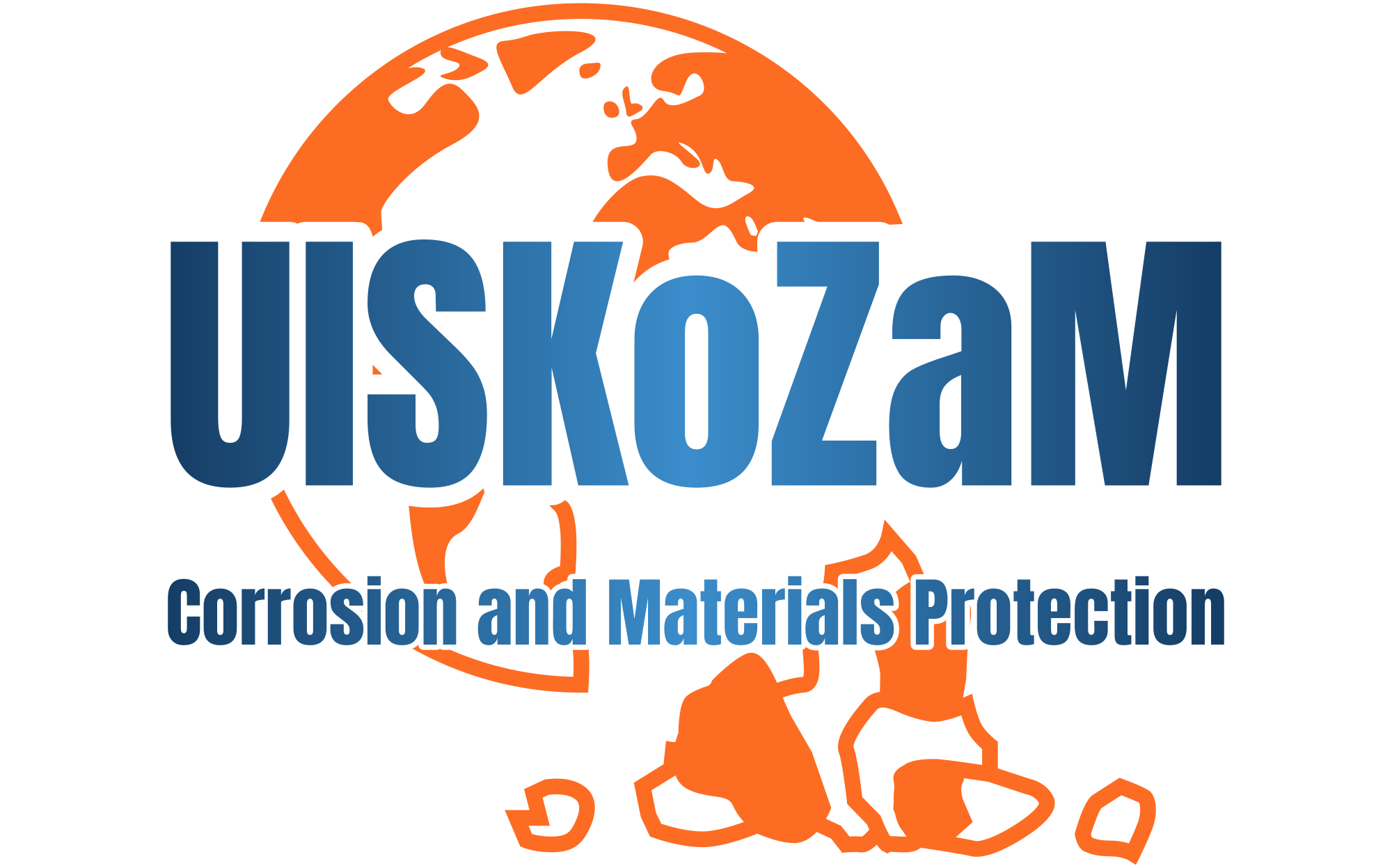OxyRePair project represents a step towards more efficient hydrometallurgy and green energy storage. It is an innovative technological procedure for the complete processing and repair of waste titanium electrodes from industrial hydrometallurgical processes with a side reaction of water oxidation requiring electrical energy is the subject of research within the OxyRePair project, which is funded by the Science Fund of the Republic of Serbia through the Green Program from 2023 to 2025. The project is led by the National Institute of Chemistry, Technology, and Metallurgy at the University of Belgrade in collaboration with four other scientific and higher education institutions in Serbia.
The research results will offer domestic and regional industrial environments a technology for the regeneration of waste electrode resources. Currently, the processing and regeneration of electrodes involve significant costs. The electrode production process will be operationally optimized for the first time to predict the production parameters for any type of electrode requiring specific processes. The research will focus on two key production steps: the mechanical repair of titanium and the formulation of activation for efficient water oxidation.
The project’s results will primarily concern specific industrial entities involved in electrochemical metal production. Companies that produce noble metal powders and metal packaging for food do not practice the regeneration of process electrodes as a step in a sustainable closed-loop economy; instead, they choose between buying new electrodes and repairing deactivated anodes based on cost-effectiveness. Deactivated electrodes accumulate as process waste and occupy production space.
The project results will enable companies to close the loop in electrode use with an optimized on-site technology. In addition, project activities will propose specific procedures for the given production environment to extend the electrode’s operational life and reduce the frequency of intermittent production process interruptions. The specific on-site technology will significantly reduce production costs and improve industrial waste management. Deactivated electrode resources, which are disposed of as process waste, will be renewed by users following the proposed technology, enhancing the ecological aspect of the project. This will notably reduce the costs of companies related to waste disposal, waste resource management, and the acquisition of new electrode equipment.
The fundamental value of the project’s innovative technology lies in its wide application, including cathodic protection processes for steel structures to prevent corrosion, treatment of industrial wastewater, and water electrolysis for storing ‘green’ hydrogen fuel from renewable energy sources.
More information is available at Oxyrepair.rs
